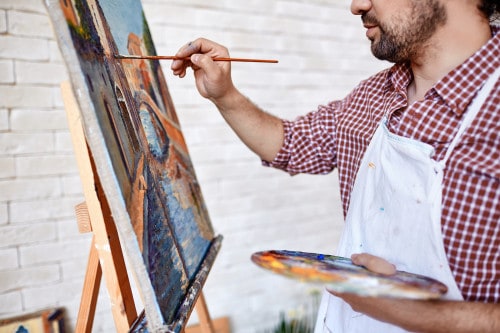
At some point we’ve all said the words, “I’m bored.” Occasional boredom is common—it happens when we lose interest in our everyday activities or surroundings. Sometimes the things that used to excite us no longer do—and that’s okay. But perpetual boredom, or boredom that seems to persist no matter how often you change your day-to-day, puts recovering addicts at an increased for relapse.
The truth is, many people fall into drug and alcohol addiction because of boredom. It’s something to do. It’s different. It’s exciting. Even though you’re on the road to recovery now, it’s possible that you could find yourself right back in the same predicament: feeling really bored. While you were in residential addiction rehab, you probably didn’t have time to be bored. But, now that you’re on your own again you might find yourself with a lot of spare time on your hands – especially after you’ve distanced yourself from the toxic relationships and behaviors that defined your old way of life.
This is why it’s so important for recovering addicts to be mindful of boredom and how it feels when it starts to set in. This can give you a chance to use healthy coping techniques to squash your boredom before it leads to a relapse. In this guide, we’ll share five simple solutions that recovering addicts can use to deal with boredom.
5 Ideas to Prevent Boredom and Relapse
1. Shift Your Perspective
A great coping technique when you feel boredom coming on is to experience life from the perspective of a scientist of journalist. Instead of merely existing from one moment to another, pay close attention to everything going on around you – down to the little details. How does your food taste? Can you hear new parts in your favorite music? Or, maybe you can find a new appreciation for your relationships with friends and family.
2. Learn Something New
Now that you have all of this free time and a different perspective, finding a new hobby or interest is another great way to prevent boredom from taking over. Addiction, in many ways, might have limited your capabilities and your view of the world… now that you’re in recovery, you’re able to make choices for yourself. No longer is your addiction telling you what you like and how to behave—now you get to decide.
Think back to a time before your addiction: what sorts of things did you like? Were you involved in a sport? Did you play an instrument? Maybe you had a creative outlet like painting or writing… Consider rediscovering those hobbies. Maybe you’ll find you still like them, or maybe they’ll inspire something new. Whatever you decide, the choice is finally yours.
